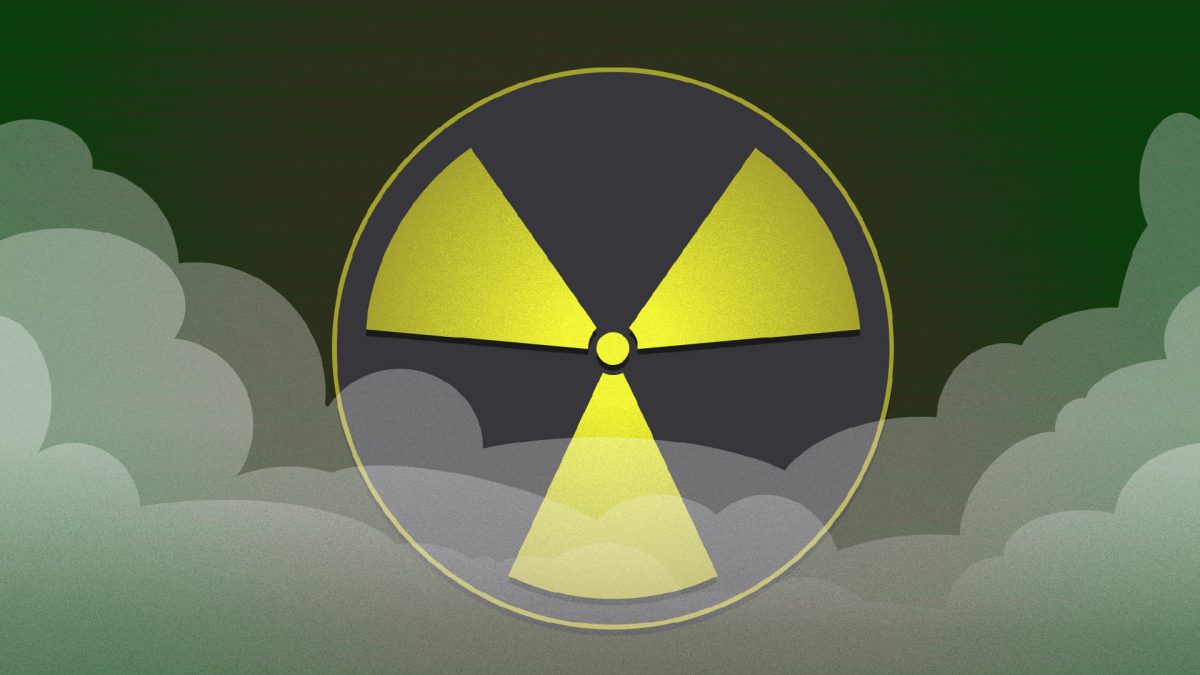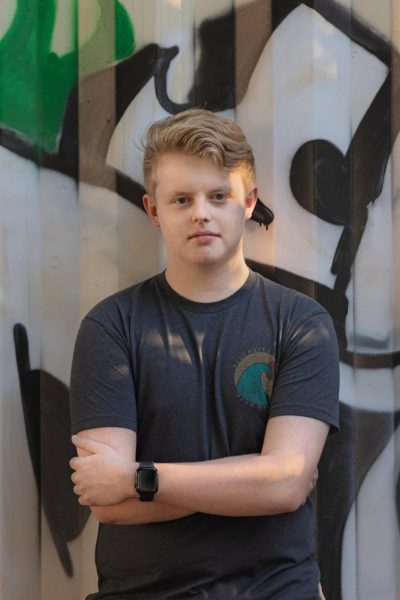The Utah Radon Lab at the University of Utah is giving out home test kits, food and prizes and providing information about the dangers of radon throughout January. The student-led research lab started Radon Awareness Month with a kickoff event on Jan. 10.
Kaitlyn Ricks, one of the student leaders of the Utah Radon Lab, said many people they’ve spoken to so far were eager to learn more about radon.
“People asked a lot of good questions,” she said. “A lot of people were really eager to get their own tests, and a lot of people had no idea what radon was.”
Tabitha Benney, an associate professor in the political science department at the U and director of the Utah Radon Lab, said radon is a radioactive gas that oozes through the cracks of homes, schools and other buildings. She added the issue is pertinent in Utah due to higher than average amounts of radon throughout the state.
“In the United States, about one in 15 structures have elevated radon, but here in Utah, about one in three structures have elevated radon,” Benney said.
Radon is the leading cause of lung cancer in non-smokers. Benney said that radon can also worsen health problems like diabetes and being overweight.
“Having just two or three of these factors really elevates your risk, and if you’re a smoker and you have elevated radon in your home, your risk factor is exponential,” she said. “So it’s quite scary when you start to look at the real risks associated with radon.”
Radon test kits, available from the lab, should be placed in the lowest part of a home for 48 hours and then sent to a lab for analysis. Benney added that they will be handing out bookmarks with tips on using a test kit at the events.
Students who turn in their test kits by Feb. 1 will be entered into a gift prize giveaway. The prizes include movie tickets, gift cards and Utah men’s basketball tickets.
“We’re hoping to encourage people not only to get a free donut or a free slice of pizza but … to go out and get their home tested for free,” Benney said.
The Utah Radon Lab has also partnered with the Wellness Bus to provide free radon information sessions and test kits to lower-income communities.
Benney said lower-income areas like West Valley are more likely to have elevated radon due to the homes’ age and the area’s geological surfaces.
“We’ve arranged with the radon coordinator to give out coupons for free radon test kits for people in the West Valley area and reduced cost test kits for folks surrounding that area as well,” she said. “… The state is also trying to offer resources for low income communities so if they do identify their home having elevated radon, they can actually go and get help.”
Salt Lake County offers a Green and Healthy Homes program, which provides financial assistance to homeowners for radon mitigation services.
Ricks said even small changes can make a big difference in mitigating risk.
“Testing your house is actually really easy. … I think the most intimidating part is realizing if your house has elevated radon or not, but it’s honestly not as scary as it sounds,” she said. “You just need to open more windows … it doesn’t have to be a one thousand or two thousand dollar mitigation system.”
The radon testing drive will take place in the Marriott Library and the A. Ray Olpin Union from Jan. 16-19 from 10-2 p.m. Test kits should be dropped off at Environmental Studies or Two Creek Coffee by Feb. 1. They will also have a table at the Utah men’s basketball game on Jan. 18.
All other upcoming events can be found on their website.




